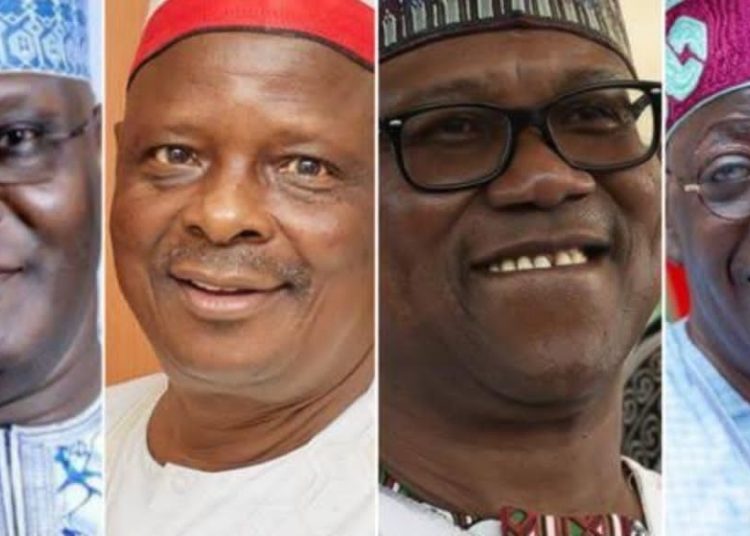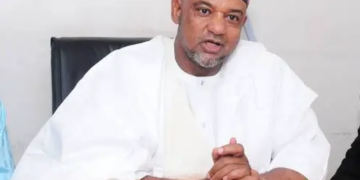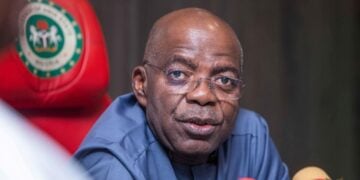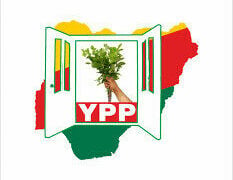Ahead of the 2023 general election, a coalition of civil society organisations (CSOs) has called on presidential candidates, including Asiwaju Bola Tinubu of the All Progressives Congress (APC), Atiku Abubakar of the Peoples Democratic Party (PDP), Rabiu Kwankwaso of the New Nigerian Peoples Party (NNPP), Peter Obi of the Labour Party and other political office seekers to declare their assets.
The CSOs also called on the National Assembly to oversee the full operational independence of the Independent National Electoral Commission (INEC) ahead of the 2023 elections and yield to numerous calls for transparency regarding its budget and auditing of its finances.
The CSOs include Accountability Lab Nigeria, Connected Development (CODE), Socio-Economic Rights And Accountability Project (SERAP), Budgit, Centre for Journalism Innovation and Development (CJID), PLSI, Yiaga Africa, and Enough is Enough (EIE).
They added that the call for asset declaration has becomes imperative to ensure politicians don’t enrich themselves and their cronies while holding public offices.
Speaking on behalf of the coalition, the executive director of CODE, Hamzat Lawal, said there was a need for all the presidential candidates, government and critical stakeholders to prioritise accountability issues in government processes, fiscal transparency, and on plans to strengthen anti-corruption agencies and address gender challenges.
He said: “Despite the existence of a legal framework for asset declaration for political office holders, the level of compliance is unknown as data on asset declaration for office holders is not available to the public.”
Corroborating his statement, the country director, Accountability Lab Nigeria, Odeh Friday said the lack of public data on the assets of potential political aspirants provides an avenue for opacity and a lack of accountability; thereby fueling political corruption.
On vote buying, Friday stressed the need to halt the menace, saying it has become a widespread practice in the nation amid the struggle to consolidate the nation’s democracy.
He noted that the monetisation of politics was the main headline during the political parties’ primaries and has become a pointer to how vote buying and selling will play a disruptive role in the 2023 elections.
Friday said they are raising these concerns having observed the recent manifesto and plans of Presidential candidates for the 2023 elections.
“With over 20 years of sustaining democracy, Nigeria needs to work towards achieving inclusive governance where all classes of citizens and underserved groups have every opportunity to participate in governance processes effectively.
He said the monetisation of politics has also affected the value of the Naira, as aspirants now deal in and distribute major international currencies, especially the dollar.
“In the last couple of weeks, the dollar to naira exchange rate peaked at N715 on the parallel market due to the undue pressure on the value of the naira,” he said.
Also, the executive director of Yiaga Africa, Sam Itodo decried that vote buying has become widespread practice, where democracy has struggled to be fully consolidated due to Nigeria’s entrenched corrupt political class, trapping citizens in a self-sabotaging, subservient relationship with political leaders.
He said it was an aberration of the constitution to nominate clear partisan persons as Resident Electoral Commission (REC) of the Independent National Electoral Commission (INEC).
The coalition also called on political parties to adopt a Gender Equality and Social Inclusion (GESI) approach in their campaigns and political engagements toward inclusive governance and a plan to advance the Gender and Equal Opportunities Bill.





